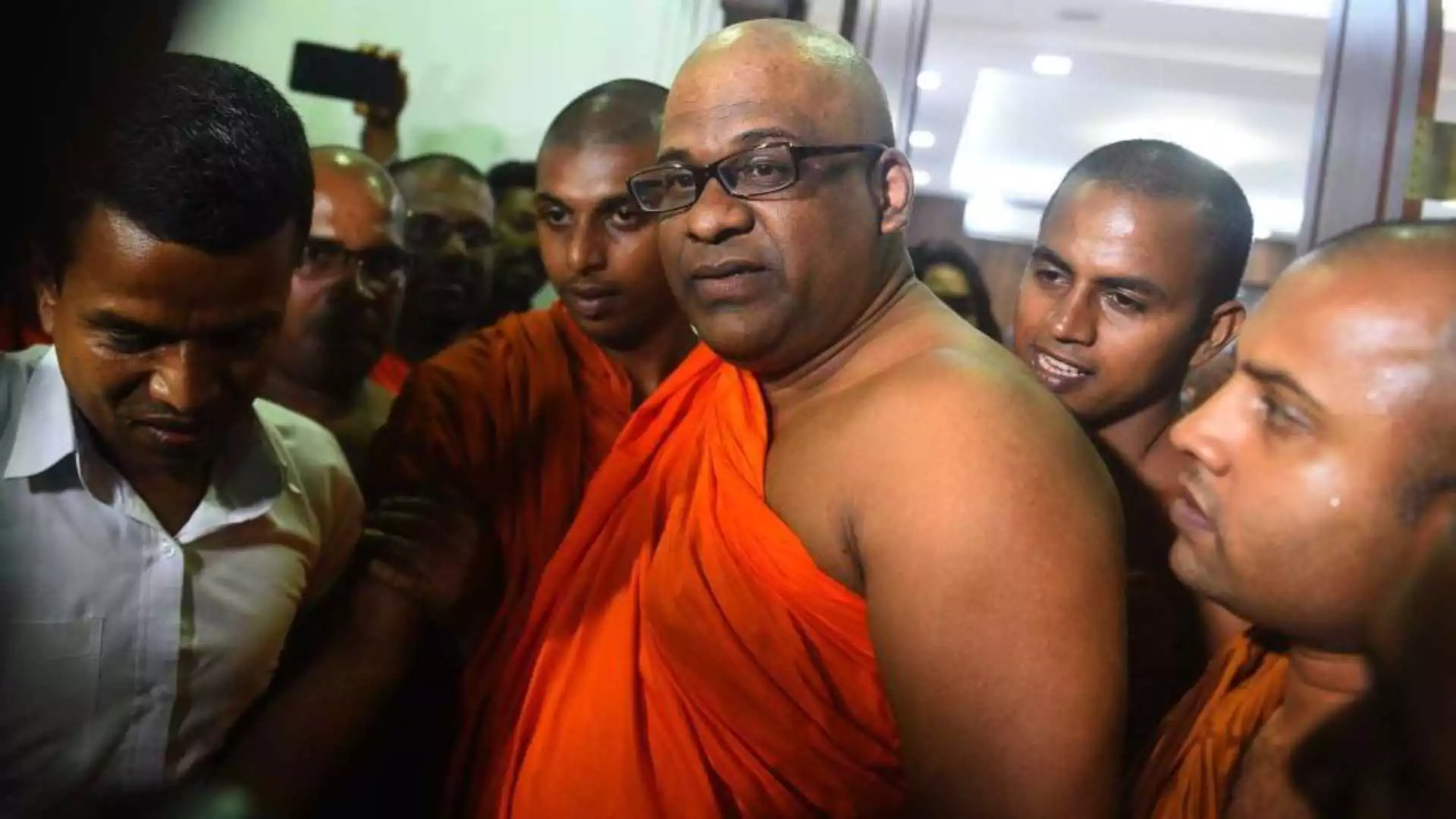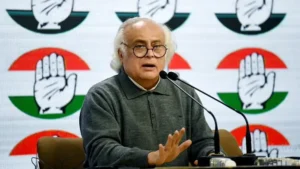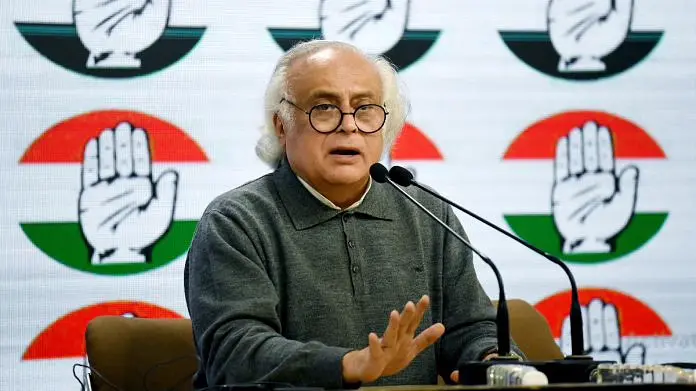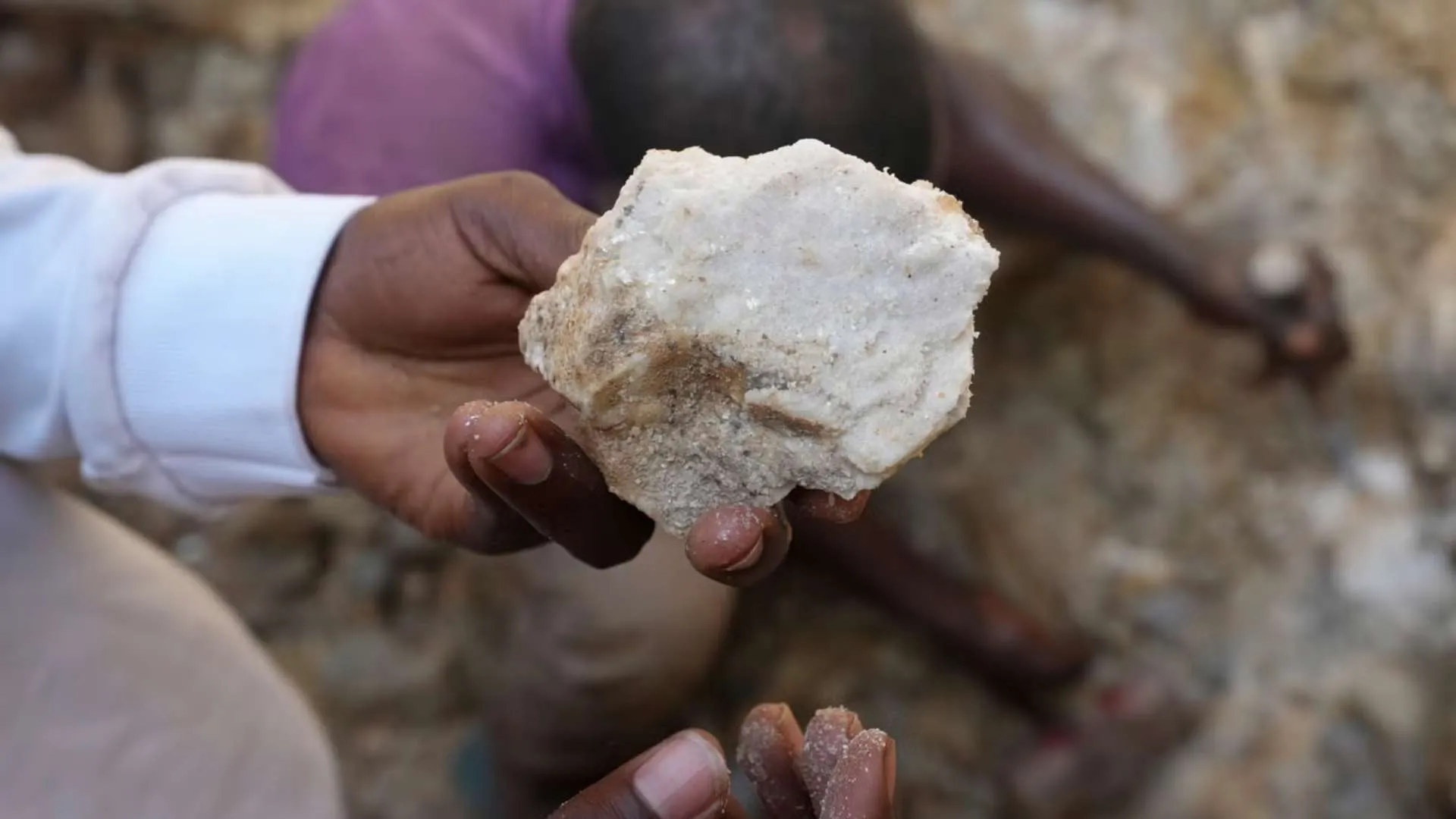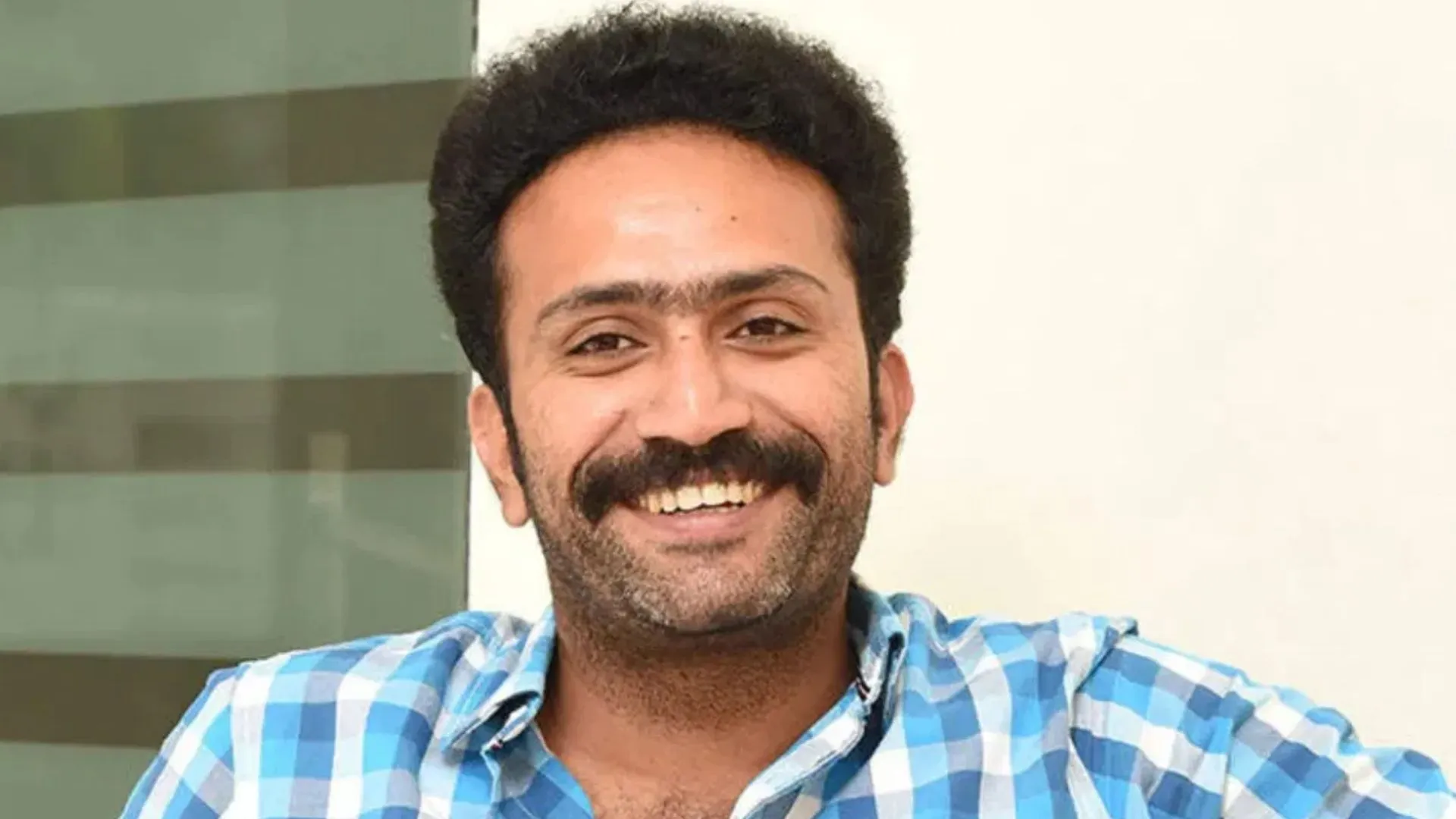A prominent Sri Lankan Buddhist monk, Galagodaatte Gnanasara, known for his controversial rhetoric and close ties to former President Gotabaya Rajapaksa, has been sentenced to nine months in prison for insulting Islam and inciting religious hatred. The Colombo Magistrate’s Court handed down the verdict on Thursday, marking a rare conviction of a Buddhist monk in the country.
Sri Lankan Buddhist Monk’s Conviction
Gnanasara was convicted for remarks made during a media conference in 2016, where he reportedly used derogatory language against Islam. The court emphasized that all citizens, irrespective of their religious beliefs, are guaranteed freedom of belief under the Sri Lankan Constitution.
Along with the prison sentence, Gnanasara was fined 1,500 Sri Lankan rupees ($5; £4). Failure to pay this fine could result in an additional month of imprisonment.
Gnanasara has been a trusted ally of Gotabaya Rajapaksa, the former president who fled the country in 2022 amid mass protests over Sri Lanka’s economic crisis. During Rajapaksa’s presidency, Gnanasara was appointed head of a presidential task force focused on legal reforms to promote religious harmony.
However, his role has often been criticized, given his history of controversial statements and accusations of promoting anti-Muslim sentiment.
Monk’s History of Legal Troubles
This latest sentence is not Gnanasara’s first encounter with the law. In 2018, he was sentenced to six years in prison for contempt of court and for intimidating the wife of a political cartoonist who disappeared under mysterious circumstances. He served only nine months before receiving a presidential pardon from then-President Maithripala Sirisena.
Last year, Gnanasara was jailed on charges related to hate speech against Sri Lanka’s Muslim minority but was granted bail while appealing his four-year sentence.
Monk’s Appeal Against the Verdict
Following his latest conviction, Gnanasara has filed an appeal against the court’s decision. His legal team has not provided further comments on the matter, but the monk remains a divisive figure in Sri Lankan politics and society.
Rare Accountability for Religious Leaders
Sri Lanka has seldom prosecuted or convicted Buddhist monks, who hold significant influence in the country. Gnanasara’s repeated legal troubles underscore a growing willingness by the judiciary to hold even prominent religious figures accountable for their actions.
The sentencing has sparked mixed reactions across the nation. Advocates for minority rights welcomed the ruling, viewing it as a step toward curbing hate speech and promoting religious harmony. Critics, however, argue that the monk’s political connections may still afford him leniency in the long term.


